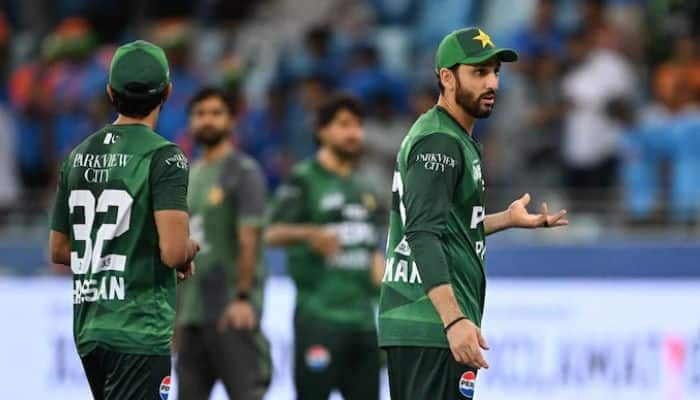India delivered a commanding performance against Pakistan in the Asia Cup 2025, cruising to a seven-wicket victory that showcased their superior batting and bowling prowess. While the on-field action grabbed headlines, the post-match scene sparked controversy as Pakistan captain Salman Ali Agha chose to skip the presentation ceremony. Pakistan coach Mike Hesson later revealed that India’s refusal to shake hands was the reason behind Agha’s absence, calling it a “disappointing way for the match to finish.”
India’s Dominance with Bat and Ball
Chasing a modest target of 128 runs, India wrapped up the game comfortably at 131/3 in just 15.5 overs, highlighting the stark contrast in team performances. Kuldeep Yadav emerged as the star of the day, claiming three crucial wickets and earning the Player of the Match award. His left-arm spin baffled the Pakistan batting lineup, supported ably by Axar Patel, who chipped in with two wickets.
On the batting front, Abhishek Sharma set the tone for India’s chase with a fiery 31 off just 13 balls in the powerplay, putting pressure on Pakistan early. Middle-order stalwarts Suryakumar Yadav and Tilak Varma followed suit, consolidating the innings and steering India to a comfortable win.
The Post-Match Controversy: No Handshake, No Presentation
Despite the convincing win, the match ended on a sour note. Following India’s victory, players Suryakumar Yadav and Shivam Dube walked straight into the dressing room without shaking hands with the Pakistani team. This mirrored the earlier “symbolic protest” at the toss when India captain Suryakumar Yadav had also avoided a handshake.
Upset by the incident, Salman Ali Agha skipped the post-match presentation. Speaking to the media, Pakistan coach Mike Hesson clarified the situation:
“We were ready to shake hands at the end of the game. We are disappointed that our opposition didn’t do that. We went there to shake hands, but they had already gone to the change rooms. That was a disappointing way for the match to finish.”
Hesson further emphasized that the gesture was not just about protocol, but about maintaining sportsmanship and mutual respect on the field.
A Symbolic Gesture Reflecting Bigger Tensions
The handshake snub is being seen as more than just a minor controversy—it reflects the intense India-Pakistan cricket rivalry and the emotions that come with high-stakes matches. Analysts suggest that these actions send a subtle yet strong message about competitive pride and national sentiment.
Despite the off-field tensions, Pakistan players reportedly attempted to engage with their Indian counterparts after the match, but the Indian support staff had already closed the dressing room doors, leaving the gesture unreciprocated.

